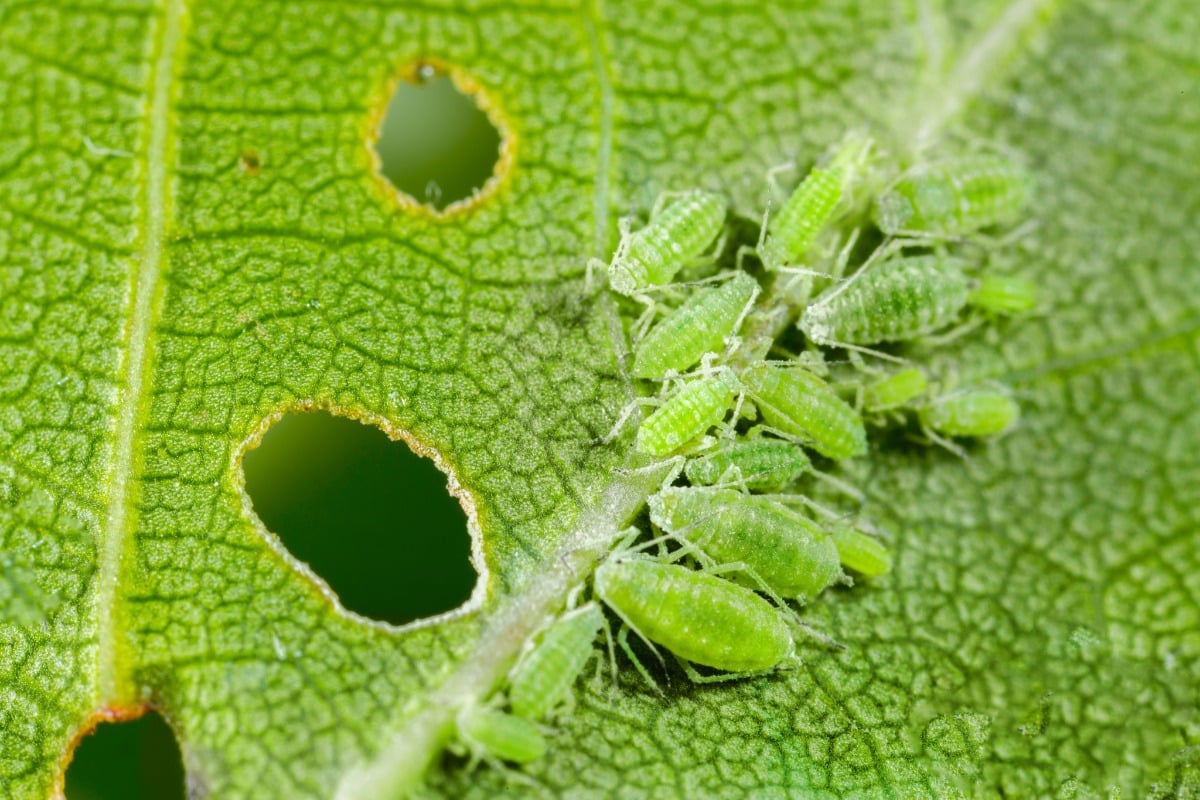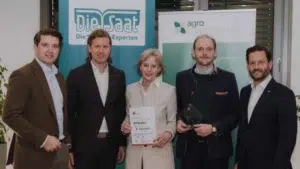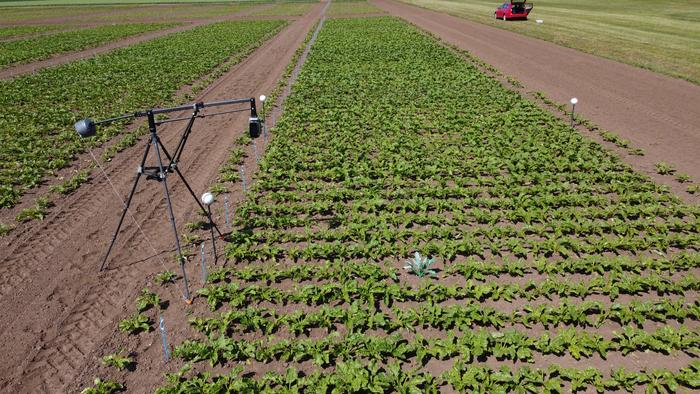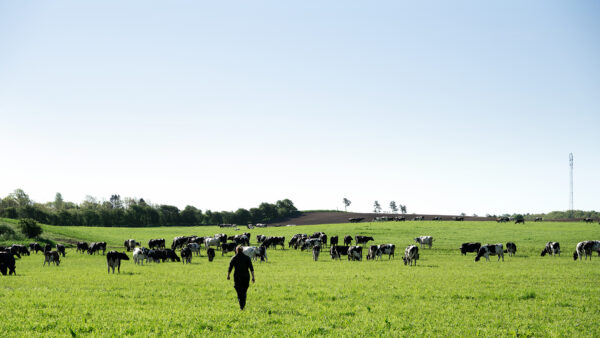Noldus Information Technology announces the commercial release of EntoLab™, a novel computerized system for automated high-throughput screening of insect behavior, jointly developed with Wageningen University & Research. EntoLab revolutionizes plant breeding through the automated identification of insect resistance traits, thus contributing to a more sustainable agriculture.
Sucking insects, such as thrips, aphids, leafhoppers and whiteflies, can have devastating effects in agriculture and horticulture due to both direct damage and virus transmission. Traditionally, these insect pests are controlled by repeated spraying of insecticides. However, the recent bans on neonicotinoids (neuro-active insecticides) in Europe and the United States, and health concerns about pesticides in general, are creating urgent calls for alternatives, especially if biological control is too costly or not effective. The loss in yield from piercing, cell-feeding insects can be greatly reduced if crops themselves are better equipped with defense mechanisms.
Resistance breeding
For this reason, breeding for host-plant resistance to sucking insects has gained much interest in recent years as it represents by far the most economical and ecological solution for farmers. A crucial element in the breeding process is the accurate estimation of the resistance level of large populations of plant accessions or crosses. This requires robust phenotyping systems that can accurately screen many different plant lines with insects in a high-throughput manner. Conventional phenotyping methods focus on costly, labor-intensive and time-consuming end-point measurements of feeding damage or insect performance, that are often poorly reproducible.
EntoLab
EntoLab is the long-awaited solution that overcomes the limitations of conventional screening methods. Developed by Noldus Information Technology in collaboration with the team of dr. Maarten Jongsma (business unit Bioscience, Wageningen Plant Research) and renowned plant breeding companies, EntoLab is a novel computerized system for automated screening of plants for resistance to sucking insects based on tracking their behavior. The integrated hardware/software system includes a variety of multi-arena leaf holders, special optics, a high-resolution digital video camera, LED illuminators, and software for video tracking, data processing and statistical analysis. EntoLab has been validated for different species of thrips, aphids and whitefly on pepper, tomato, water melon, chrysanthemum, white cabbage, lily, lettuce, and bitter gourd. Evaluations are currently extended to field crops such as rice and maize and to caterpillars and plant hoppers.
Discovery of a new gene
EntoLab has shown to deliver more accurate and more detailed insight in the behavior of herbivorous insects on different plant genotypes, with as much as 90% reduction in time and costs of screening. An example of successful application of the EntoLab system is the work of dr. Karen Kloth (Wageningen University) that led to the identification of the novel aphid resistance gene SLI1.
Automated, high-throughput phenotyping of host-plant resistance to sucking insects will greatly aid research and the breeding process for insect-resistant crops. The unlocking of behavioral details that have often gone unnoticed will in the future lead to more insight into the environmental and genetic mechanisms that control it. Genetic improvement of commercial vegetable, field and ornamental crops will reduce the dependency on chemical pesticides or other inputs, thus contributing to a more sustainable and economical crop production.













